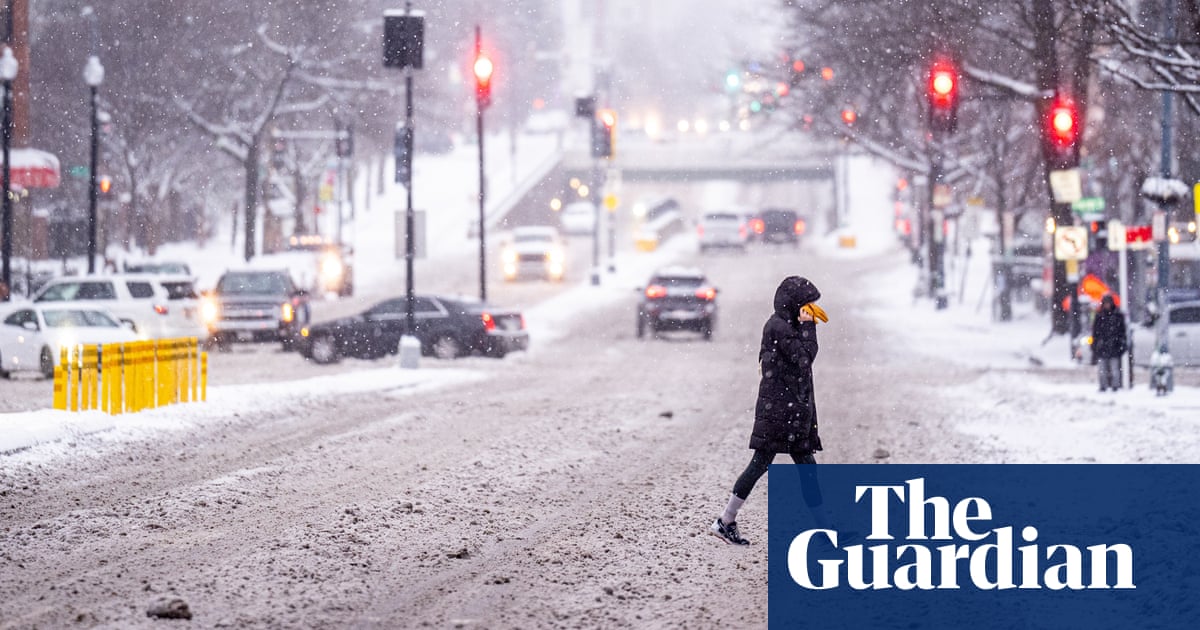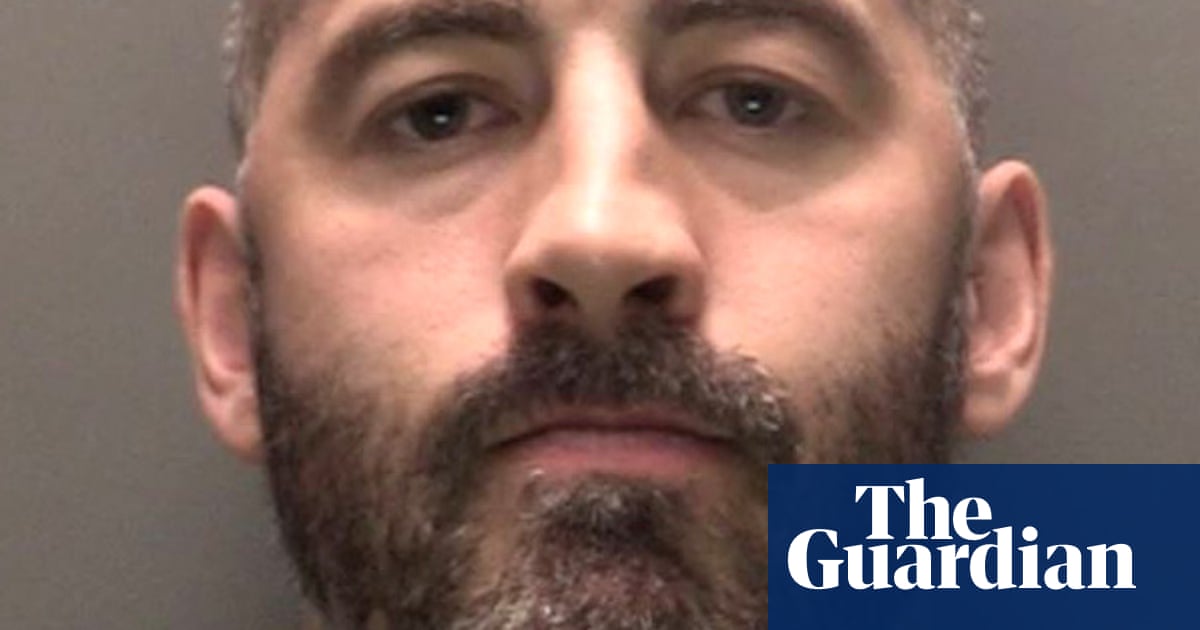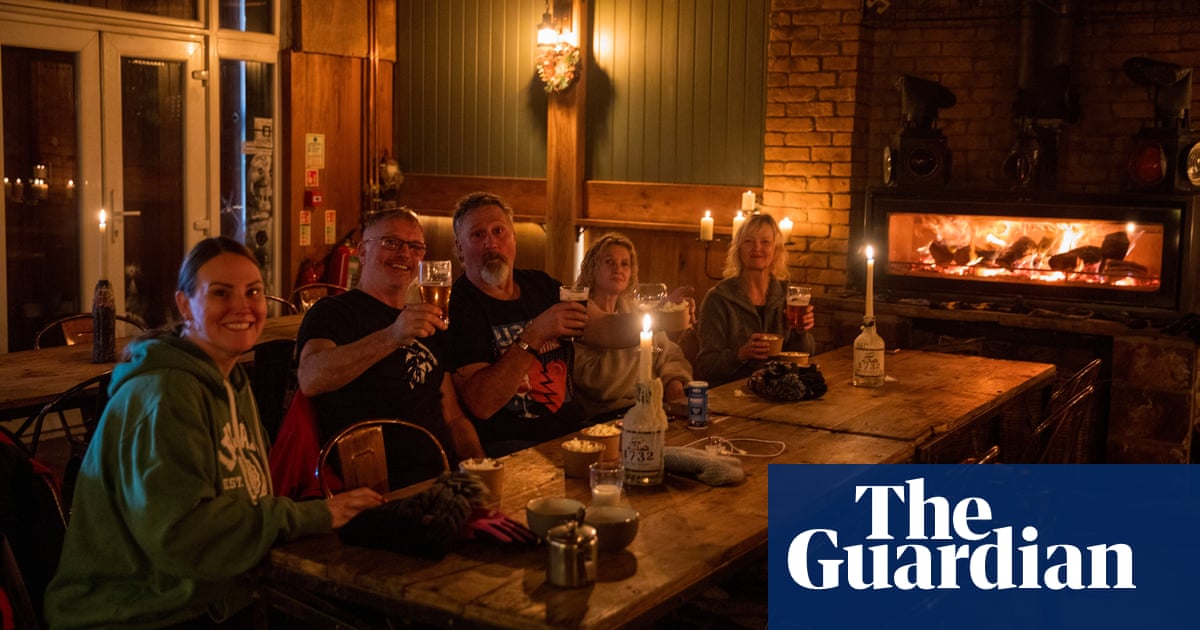The golden sands of Sri Lanka’s Arugam Bay are usually carefree, a place for tourists to surf the famous break and relax on the beach.
But last week, the slow rhythm of the bay was dealt a shock. The US embassy, followed up by Sri Lankan police and Israel’s national security council, warned of a serious terrorist threat in the area. Israeli travellers were believed to be the intended target of a planned attack and were told to evacuate immediately. Hundreds of police and senior intelligence officials descended on the small coastal town, setting up patrols and road blocks.
While Sri Lankan police officials and government ministers kept the nature of the threat vague, one thing was made clear; it was seen as directly linked to the ongoing wars in Gaza and Lebanon.
Officials who spoke off the record said investigations indicated the threat had originated in Iran and was intended as “revenge” for Israel’s regional attacks. A Sri Lankan national based in Iraq was among three people arrested by anti-terrorism police.
“From last October there were parties who were at war against each other,” said Priyantha Weerasooriya, Sri Lanka’s acting inspector general of police, at a press conference. “That has now spread to other parts of the world.”
In Arugam Bay, there was surprise that the fallout from the Middle East had reached their coastal idyll. The area’s popularity with Israeli travellers, many whom visit after mandatory military service, has soared in recent years. While some pass through as surfers and tourists, others have taken advantage of long-term visas to set up their own restaurants, bars and tourism companies often catering to other Israelis, with Hebrew signage evident across the town. A local official said there were often more than 1,000 Israelis staying in the area in high season.
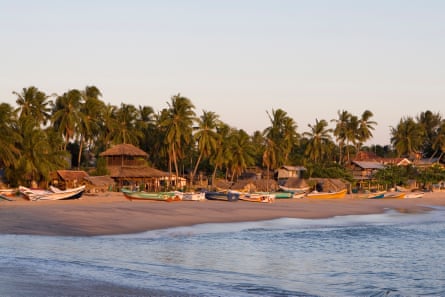
Police spokesperson Nihal Thalduwa said one of the targets of the recent threat was the Chabad House, a Jewish community centre.
Zulfi Faizer, 39, a tour guide, said that locals in the area, who are predominately Muslim, largely had no issues with the Israeli presence, which had brought in lucrative tourist dollars. “This area is mostly run by Israeli tourists,” said Faizer. “Majority of Muslims live in this area and there was no problem with them. We did business with them. Good Islam people are not against them.”
He emphasised that the establishment of the Jewish community centre had not caused issues and Muslim locals freely mingled with Israeli tourists, but said there had been friction after some Israelis were accused of trying to buy up swathes of land and undercutting locals. Local politician Rehan Jayawickreme last week accused Israelis in the area of “illegal business practices” and fuelling instability. There have also been accusations that cultural norms around modest dressing were not being respected.
Faizer said he was among those locals, who in the wake of the apparent security threat, were now in favour of a ban on tourists from Israel. However, Israelis make up just 1.5% of the 1.5 million tourists who visited Sri Lanka in the first nine months of this year.
“Them coming here used to be good for us, but now we have a problem,” he said. “If an attack is carried out on them our people will also die.”
Sri Lanka has in the past been hit by terrorist attacks.
In April 2019, the biggest luxury hotels, as well as churches, were hit in Islamist suicide bombings that killed 270 people, 45 of them foreigners. It was found that intelligence about the attack had been ignored by the government and security services. Combined with the Covid pandemic, it took years for Sri Lanka’s tourism industry to recover as it has also grappled with the worst economic crisis in its history, which has left the country bankrupt and even more reliant on dollars brought in by tourism.
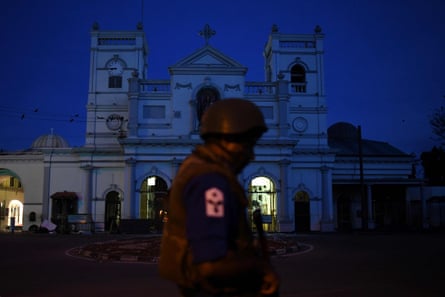
Vijitha Herath, minister of public security, said all the at-risk areas had ongoing special police protection and a security council meeting had been convened.
“A special situation arose because Israeli nationals are in the country as tourists. This month marks a year since the war started in the Middle East. Therefore, Israeli nationals hold religious ceremonies during this time. The suspicion was that some disturbance would be made at these places,” he told reporters.
By the end of last week, almost every Israeli had been evacuated from Arugam Bay. One of the few remaining was Miller Maoz, 59, who retired to Arugam Bay in 2019 after first falling in love with the area as a surfer back in 1991.
He said he had always been welcomed by the local Muslim population. “They don’t mind politics and they appreciate Israelis,’ he said. “Israelis are not welcome all over the world, especially after after the war started, but the hospitality here is amazing.”
He expressed scepticism at the threats in the area. “I don’t see any real proof of what people are saying is going on,” said Maoz. “They say that a terrorist group is coming around here to target us. But why come to Arugam Bay to kill Israelis?”

.png) 2 months ago
40
2 months ago
40











